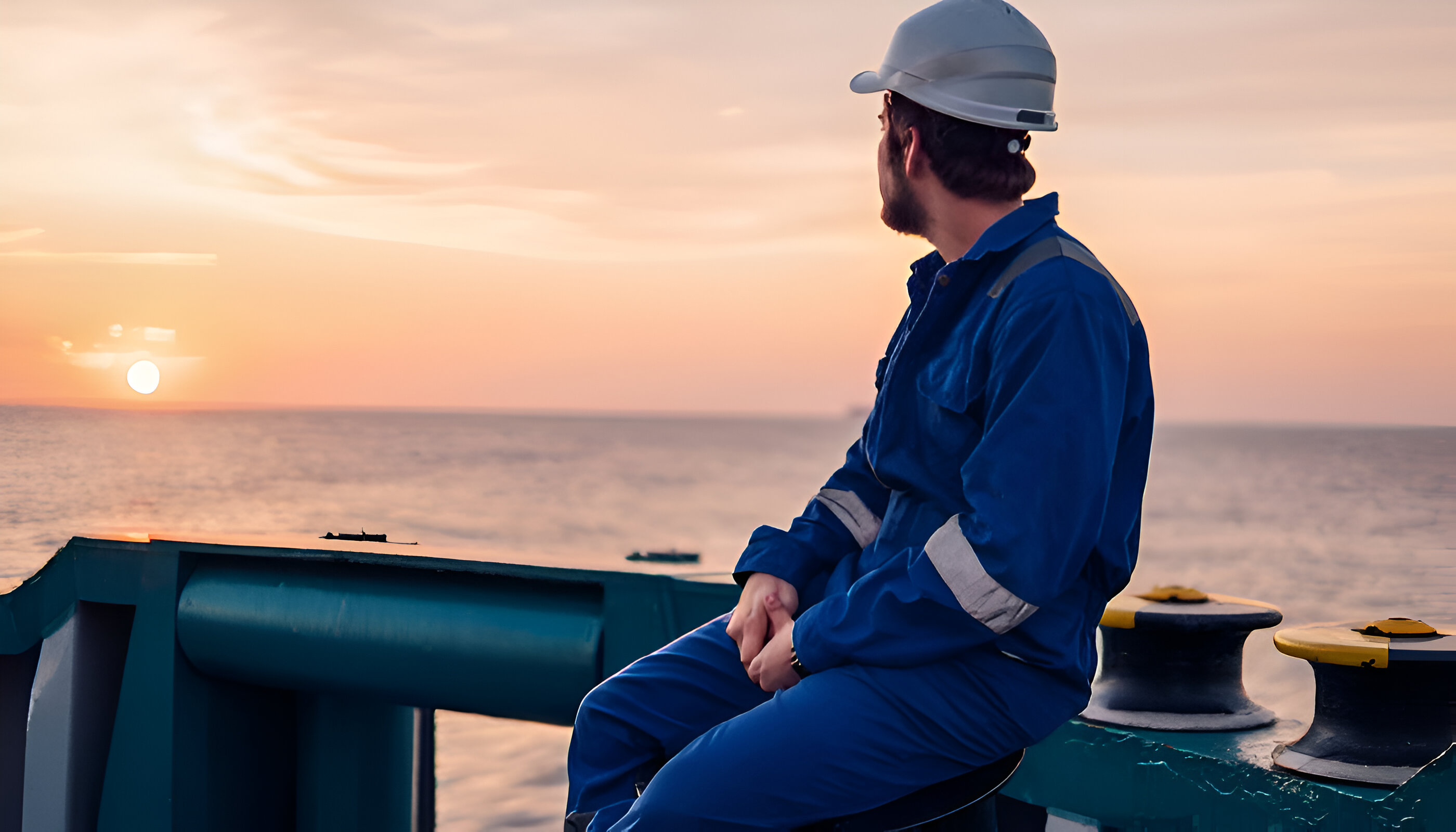July 1, 2022 GENERAL
HE JOB of a seafarer is not exactly a walk in the park.”
I usually cite this quote from the Supreme Court case of Oriental Shipmgt. vs Bastol (G.R. No. 186289 June 29, 2010) as opening statement during my paralegal lectures on seafarers’ rights.
The quote emphasizes the Supreme Court’s view on the nature of the seafarer’s work: “What makes the job more difficult, aside from exposure to fluctuating temperatures caused by variant weather changes, the job obviously entails laborious manual tasks conducted in a moving ship, which makes for increased work-related stress. All these factors may have exacerbated a seafarer’s medical condition.”
During my recent virtual lecture with maritime students of John B. Lacson Foundation Maritime University in Molo, Iloilo City, I discussed the reality of their profession that a vessel has always been identified as a high-risk workplace.
The industry remains fraught with health and safety hazards that increase seafarers’ risks of accidents, illnesses and mortality, while others may go missing or die in maritime disasters.
The European Maritime Safety Agency declared in a report that there were 745 work-related fatalities among maritime workers and nearly 9,000 persons injured between 2011 and 2020.
Some are exploited and subjected to discrimination, abuse, maltreatment, and unfair labor practices.
Pope Francis earlier said in a message that without seafarers, the global economy would come to a standstill; and without fishermen, many parts of the world would starve.
However, Pope Francis said that they face the seafaring dangers of storms and piracy, long periods of time away from their families and working conditions that are often harsh and low-paying.
Despite said risks, the seafarer, like other overseas Filipino workers (OFWs), is often looked up to as one of today’s heroes who, through huge remittances in billions of dollars they earn, have propped up our economy.
The sea-based sector’s remittance comprises at least 22 percent of the total OFW dollar remittances.
Records from the Banko Sentral ng Pilipinas (BSP) showed the sea-based sector’s remittances for the past five years: $6,870,827,000 in 2017; $6,139,512,000 in 2018; $6,539,246,000 in 2019; $6,353,522,000 in 2020; and $6,545,002,000 in 2021.
The data showed that remittances increased in 2018 by $731,315,000, then increased in 2019 by $399,734,000, then decreased in 2020 by $185,724,000, then increased in 2021 by $191,480,000.
The Scalabrini International Migration Network recently engaged in an online campaign dubbed as “No Shipping, No Shopping” that coincides with the celebration of the International Day of the Seafarer led by International Maritime Organization.
In 2010, the Conference of Parties to the International Convention on Standards of Training, Certification and Watchkeeping for Seafarers (STCW) adopted a resolution establishing the Day of the Seafarer every June 25, which recognizes the valuable contribution of seafarers to international trade and world economy.
The international shipping industry is the life blood of the global economy as it is responsible for the carriage of around 90 percent of world trade.
Without shipping, intercontinental trade, the bulk transport of raw materials, and the import/export of affordable food and manufactured goods would simply not be possible.
For most merchant ships trading internationally transporting every kind of cargo, it is estimated that there is one Filipino seafarer for every four to five complements on board a vessel at any time.
The Philippines is still considered as the major supplier of maritime labor globally.
Philippines Overseas Employment Administration (POEA) data indicate that the total number of seafarers deployed overseas from the country reached 376,663 in 2017; 337,502 in 2018; 469,996 in 2019 and 217,223 in 2020.
Aside from the Day of the Seafarer every June 25, the Philippines also celebrate National Seafarers’ Day (NSD) every last Sunday of September.
Then President Fidel V. Ramos issued on July 9, 1996 Proclamation No. 828 declaring Aug. 18 as NSD; the Stella Maris was tasked to coordinate with the public and private sector in activities related to the celebration of said event.
The purpose of the Proclamation is to give due recognition to the vital role of Filipino seafarers towards the development of the Philippines as a maritime country.
Later, Proclamation No.1094 was issued in 1997 by President Ramos which moved NSD to every last Sunday of September every year.
The country will be celebrating the 27th National Seafarers’ Day this year.
Source: https://www.panaynews.net/seafarers-job-not-a-walk-in-the-park/






